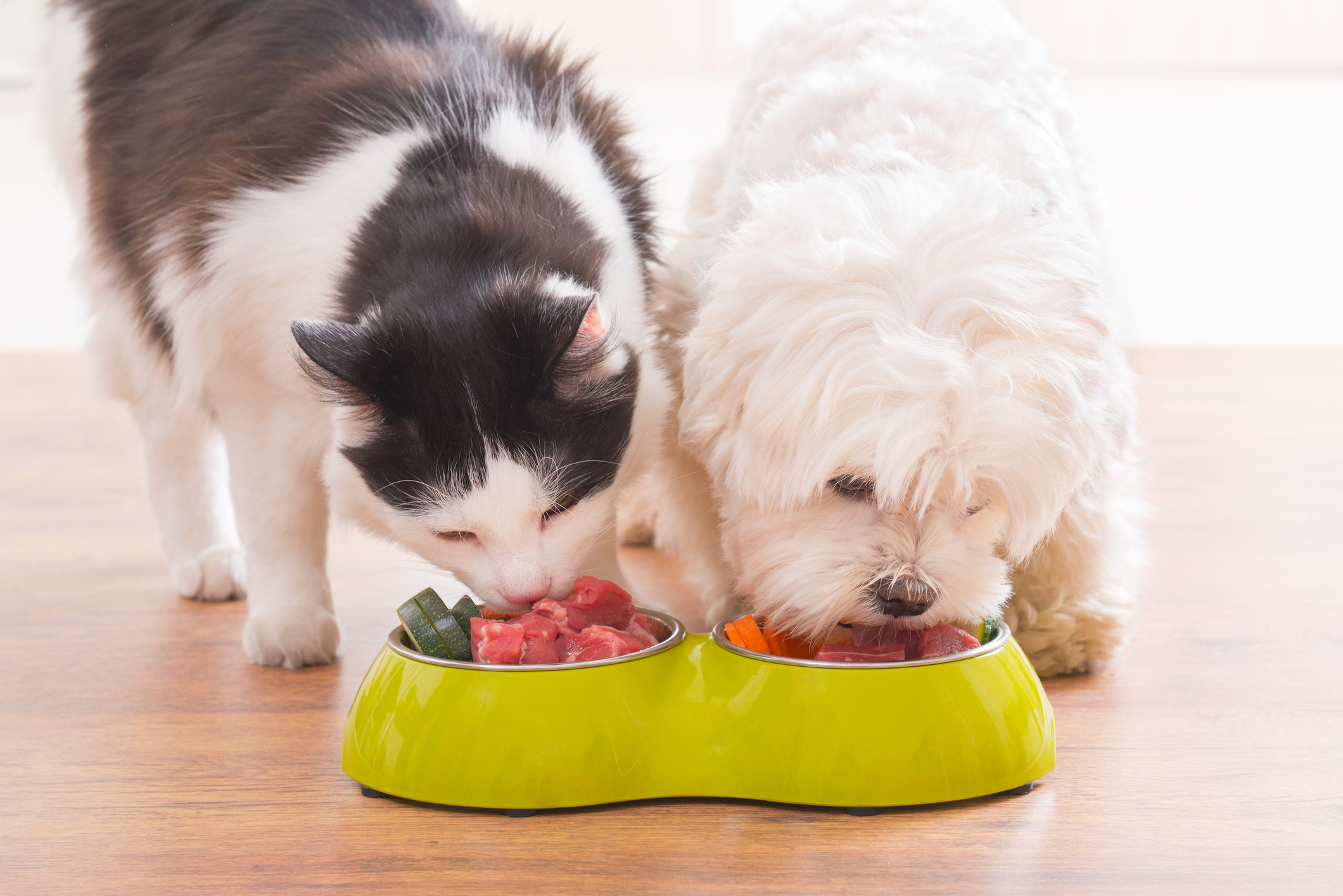
We all want our furry friends to live long, healthy, and happy lives. And just like us, their diet plays a crucial role in their overall well-being. Feeding your pet with the right kind of food is essential to provide them with the nutrients they need to thrive. In this comprehensive guide, we will explore everything you need to know about maintaining a healthy diet for your pet.
1. Consult Your Veterinarian:
Before making any changes to your pet’s diet, it’s important to consult your veterinarian. They will assess your pet’s current health condition, breed, age, and specific needs to recommend the most suitable diet. Each pet is unique, and what works for one may not work for another.
2. Choose High-Quality Food:
Just like with our own food, the quality of the ingredients in your pet’s food matters. Opt for reputable brands that prioritize the use of real, whole ingredients and avoid those that contain excessive fillers, preservatives, and artificial additives. Look for food that is specifically formulated for your pet’s age and size.
3. Read the Labels:
While choosing the right food for your pet, it’s crucial to read and understand the labels. The order of ingredients reflects their amount in the food, so look for real meat or fish as the primary source of protein. Avoid foods that list “meat by-products,” as these are low-quality and may be hard for your pet to digest.
4. Consider Commercial and Homemade Diets:
Commercial pet food is convenient and often balanced with all the necessary nutrients. However, if you choose to prepare homemade food for your pet, make sure it is nutritionally complete and prepared under the guidance of a veterinary nutritionist. Homemade diets can be time-consuming and require careful planning to avoid nutrient deficiencies.
5. Portion Control:
Obesity is a growing concern among pets, leading to various health issues. Portion control is crucial to maintain a healthy weight for your furry friend. Follow the feeding guidelines provided by the pet food manufacturer, but keep in mind that the suggested amounts are just recommendations. Adjust the portions based on your pet’s needs, activity level, and metabolism.
6. Avoid Free-Feeding:
Free-feeding, where food is left out all day for your pet to eat at will, can lead to overeating. Instead, establish a feeding schedule and stick to it. Divide the daily recommended portion into two or three meals, depending on your pet’s age and breed. If your pet grazes throughout the day, it becomes difficult to monitor their food intake and can contribute to weight gain.
7. Treats and Snacks in Moderation:
Who doesn’t love spoiling their pets with treats? While treats can be a great way to reward and bond with your pet, moderation is key. Excessive treats can disrupt the balance of the diet and contribute to weight gain. Opt for healthy, low-calorie treats or consider using a portion of your pet’s daily food as treats.
8. Fresh Water Always:
Just like humans, pets need access to fresh, clean water at all times. Make sure to provide them with a clean water bowl and change the water frequently. If you have multiple pets, ensure they have easy access to water and monitor their water intake, as some pets may drink disproportionately more or less than others.
9. Beware of Human Food:
While it’s tempting to share our meals with our pets, some human foods can be harmful or toxic to them. Foods like chocolate, grapes, onions, garlic, and caffeine should never be fed to pets. Additionally, fatty foods and bones can cause gastrointestinal issues or even life-threatening conditions. Stick to pet-approved treats and foods to keep your furry friend safe.
10. Monitor Your Pet’s Health:
Even with the best diet, it’s essential to monitor your pet’s health regularly. Watch for changes in appetite, weight, energy levels, coat condition, and bathroom habits. If you notice any concerning changes, consult your veterinarian promptly. Regular check-ups and preventive care are crucial in maintaining your pet’s overall well-being.
In conclusion, maintaining a healthy diet for your pet is vital for their overall health and longevity. Consult your veterinarian, choose high-quality food, read labels carefully, and consider portion control. Avoid free-feeding, offer treats in moderation, provide fresh water always, and be cautious about giving your pet human food. Lastly, monitor your pet’s health and seek veterinary advice when needed. By following these guidelines, you can ensure your furry friend stays healthy and happy for years to come.
Leave a Reply